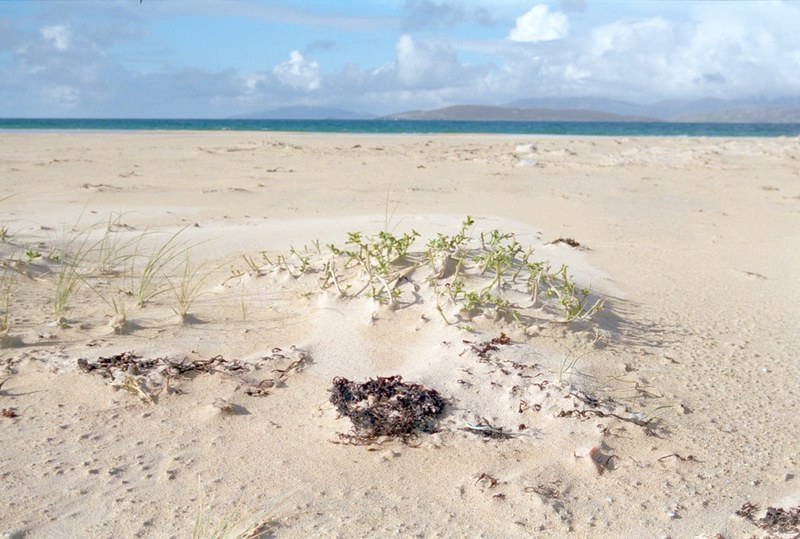Innovation doesn’t just mean high-tech. One company is helping reforest the planet with an effective, affordable solution made of recycled paper.
Forests play a key role in tackling climate change but millions of acres of forest are still being lost every year. Indeed, according to the WWF, the equivalent to 27 football fields are lost every minute.
In order to meet the ambitious climate goals set out in the Paris Agreement, our economy must be decarbonised – and as quickly as possible. Protecting forests and reducing deforestation could help (deforestation is thought to be responsible for around 10 per cent of global emissions), but research also shows that a more active approach – not just protecting what is there but also planting trees and rehabilitating degraded forests – is just as critical to climate efforts, because forests act as a so-called “carbon sink”. And reforestation has other positive effects too: reducing flooding, increasing stores of freshwater and conserving and restoring biodiversity.
While governments are starting to invest in reforestation efforts and planting trees, various businesses are also joining them. Reforestum, Ecosia, Treedom, bookitgreen and also ForestFinance are just a few of the companies who are planting trees, or investing in forestry, as part of their business model. And there’s space for even more, with, as the World Resource Institute points out, “More than two billion hectares worldwide offer opportunities for restoration”.
Technology is helping not only to make it cheaper and easier to plant trees, but also to save key resources such as water. That is the case when it comes to Land Life Company, an Amsterdam-based startup that has developed Cocoon, a biodegradable cardboard solution, shaped like a doughnut, that can be used to plant trees even in dry and crusty soils.
Although Cocoon can be used in different kinds of terrains, it is mainly a solution for areas with arid conditions, such as deserts. The cylindrical shelter, made from recycled paper pulp, surrounds the plant seeds and protects them against the sun, the wind and wild animals, while also providing them with water. According to the company, the solution is not only low-cost, 100 per cent biodegradable and free from maintenance costs, but plants grown using it have a survival rate of 80-90 per cent. And the doughnut shape helps it save on water too, with the circular trough around the tree acting as reservoir which releases the water to the plant over time, like a drip-irrigation system. This means that the reservoir only needs to be filled once, when the trees are first planted.
“You’re looking at 400 gallons of water for every single tree, versus the 10 gallons we use for the Cocoon,” Charlotte Jongejan, Land Life’s head of marketing and communications told FastCompany. “Cost-wise, that’s 60 to 90 USD for a drip-irrigated tree and 10 to 12 USD for a Cocoon tree. Depending on the cost of seedling and where you’re planting, labour and transportation costs could be higher or lower.”
Jurriaan Ruys is the founder of this solution and the CEO of Land Life Company. He wants to professionalise nature restoration with an apparently simple technology, easy to plant, scalable and cheap. As Olaf Tchongrack, an administrator with the Office of the United Nations High Commissioner for Refugees, told The New Yorker:
“It’s actually an ancient technique. What’s innovative is they’ve found a way to industrialise it and keep costs low.”
Maybe this is why this solution is already being used in 24 countries from USA and Spain to China, Saudi Arabia, Malawi or Chile and has reached the attention of not only private businesses but also NGOs, governments and even the UN. As Ruys himself said in a podcast interview about regenerative agriculture, he, as an engineer was really interested in helping nature take its course:
“For us, it makes total sense to at least make the earth that we live on, healthier and providing to us and to nature in general”.
To see some of the Land Life Company’s recent land restoration projects around the world, check out the video below.





